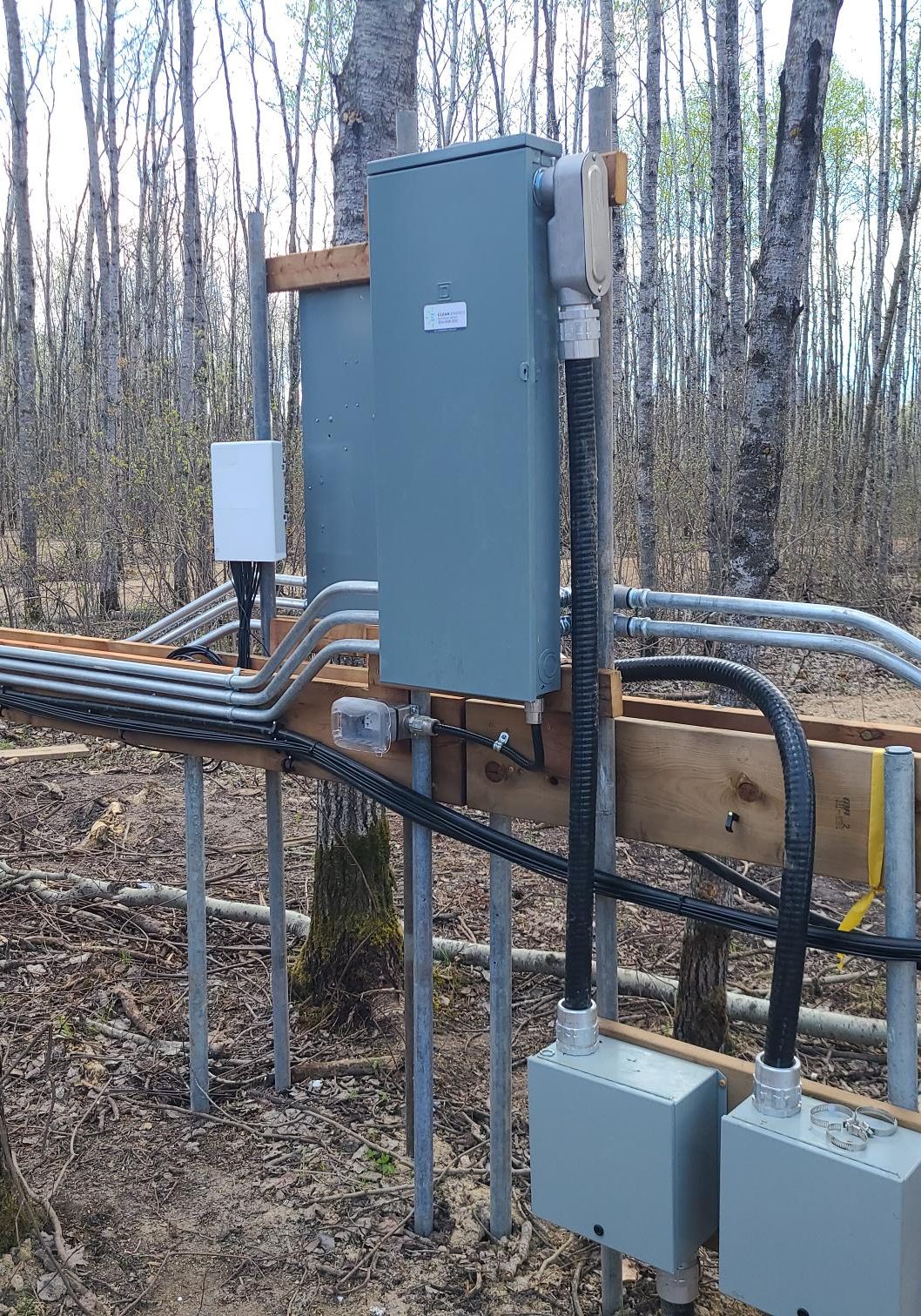Electric Heat:
Advantages and Disadvantages
Advantages
- Installation and Maintenance: Electric heating systems, such as baseboard heaters or electric furnaces, generally have lower installation costs and require less maintenance than gas systems. There’s no need for venting or gas line installation, making them an easier choice for many homeowners.
- Energy Efficiency: Electric heating is often deemed more energy-efficient since it converts nearly all the energy it consumes into heat. This can be especially beneficial for those looking to reduce their carbon footprint.
- Safety: Electric heat systems come with fewer safety risks compared to gas heat, such as carbon monoxide leaks or gas explosions. For families with young children or pets, electric heating can provide peace of mind.
- Zone Heating: With electric heating, it’s easier to heat specific areas of your home independently. This can be particularly handy for people who use certain rooms more than others.
Disadvantages
- Operating Costs: In Manitoba, electricity rates tend to be higher than natural gas prices. As a result, electric heating can become expensive during the frigid winter months.
- Dependency on the Grid: Electric heating systems rely on electricity, which means that during power outages, your home may become uncomfortably cold.
- Heating Capacity: In extreme cold, electric systems may struggle to keep up with demands, leading to inefficiencies.
Gas Heat: Advantages and Disadvantages
Advantages
- Lower Operating Costs: Natural gas is often less expensive than electricity in Manitoba, making gas heating a more cost-effective option for those looking to heat their homes during the winter months.
- High Heating Capacity: Gas furnaces typically provide more heating power than electric ones, ensuring that your home stays warm even during the coldest temperatures.
- Independence from the Electrical Grid: Homeowners with gas heating can maintain warmth even during power outages, providing a level of reliability that electric systems cannot guarantee.
Disadvantages
- Installation Costs: Gas heating systems usually require more installation work, including proper venting and gas line installation, which can escalate upfront costs significantly.
- Safety Concerns: While gas heating systems are generally safe, they do pose risks such as carbon monoxide leaks and require regular maintenance to ensure safe operation.
- Environmental Impact: Natural gas is a fossil fuel, and while it burns cleaner than other fossil fuels, it still contributes to greenhouse gas emissions.
Making the Choice: What’s Right for Your Home?
Choosing between electric and gas heating ultimately depends on your specific circumstances, including budget, comfort, and personal preferences. If you’re looking for a low-cost installation and have access to affordable electricity, electric heat might be the way to go. Conversely, if you are focused on long-term savings and reliability during harsh winter weather, a gas heating system may be better suited for your home.
Be sure to also consider future energy trends and the potential push for renewable energy sources. Manitoba is investing in sustainable options, such as hydroelectric power, which may favor electric heating in the long run.
Both electric and gas heating systems have unique advantages and drawbacks. Assessing your home's specific needs, your budget, and your long-term goals will help you choose the best option for effective and efficient heating during the cold Manitoba winters.
For expert advice and professional installation, reach out to Clean Energy Electrical Group. We’re here to help you with your heating and electrical needs.
Contact Us: 📞 Phone: 204-306-2121 🌐 Website: www.cleanenergymb.com
In the end, whether you opt for electric heat or gas heat, the goal is the same: a warm and inviting home even in the face of Manitoba's icy winters. Take your time to weigh the options, consult with local heating professionals, and make the best choice for you and your family. Happy heating!




